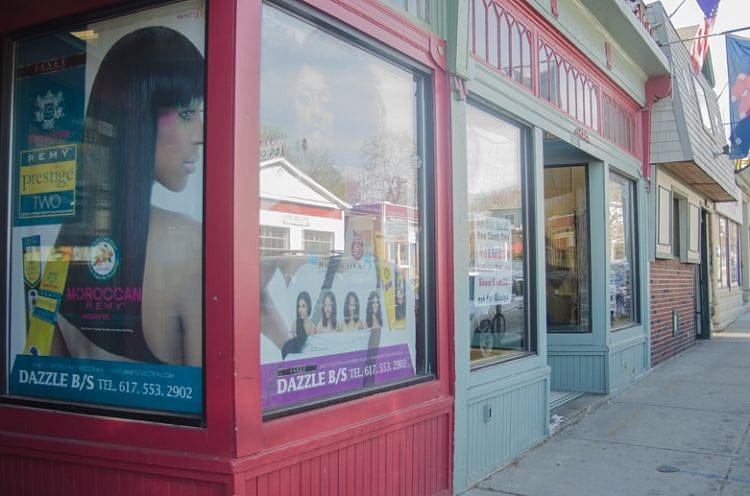News

Artificial Barrier To Natural Hair Braiding in Massachusetts About To Fall If Legislation Yanking Government-Issued Licensing Requirement Passes

Soon, you may no longer need a government-issued license to conduct natural hair braiding for pay in Massachusetts.
An amendment to the state budget bill would change the state's requirements.

